How to prepare your home for a freeze – 7 things to check and put in place now before deep winter weather hits
Being snowed in can be stressful – here’s how to prep ahead
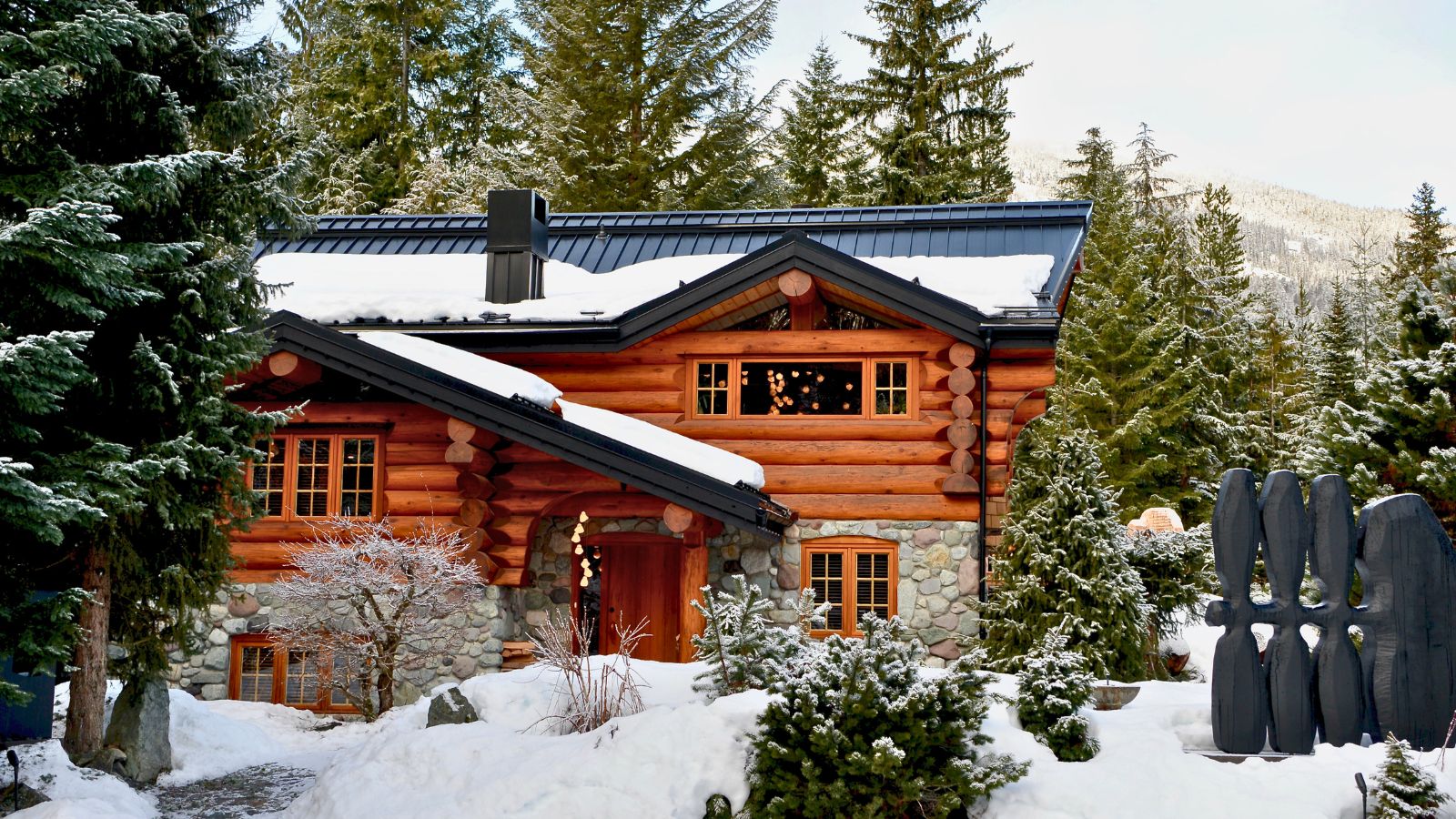

It's normal for snow and ice to be a nuisance in winter, but bigger, more serious freezes can result in being trapped in your home, potentially with vital services cut out and supplies low.
Expert contractors say prepping your house for a big freeze is a vital task to carry out now, especially if you live somewhere that was hit badly last year. Their seven tips include insulating pipes and tanks, as well as stocking up on supplies and checking your insurance policy.
Here, they break down the best ways to prepare a house for cold weather and harsh freezes so you and your property stay safe until spring.
How to prepare your home for a freeze
Preparing your home for an intense freeze goes beyond when to worry about pipes freezing. It often involves prep work to ensure you will have everything you need to stay safe and healthy should you be snowed in, the power goes out, or local stores are closed due to adverse weather.
It has been documented that there is not only an increase in adverse weather events in the US, but also in the frequency.
1. Insulate pipes and tanks
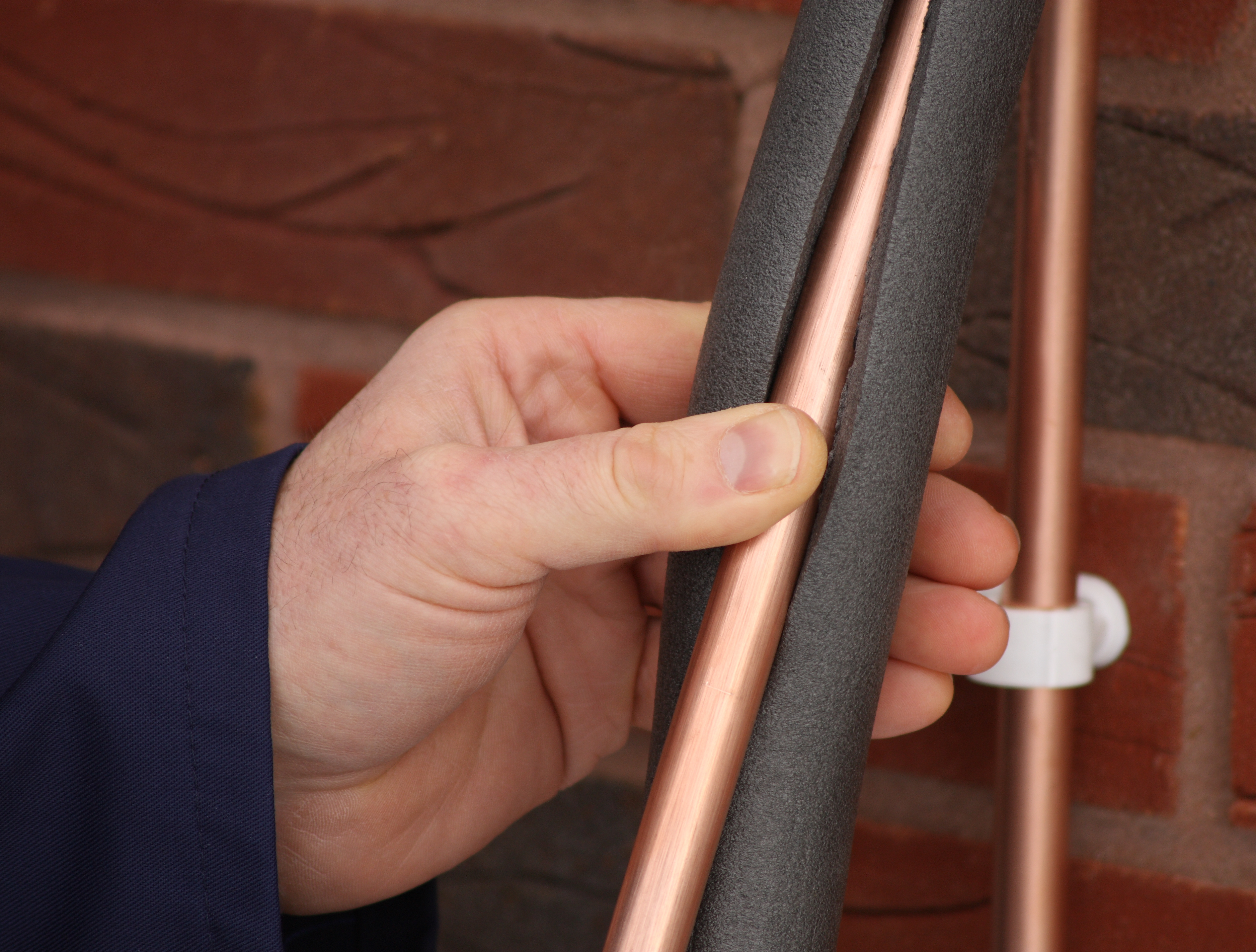
Gordon Chalk, heating expert and owner of Next Level Underfloor Heating says, ‘One of the most important things to do when preparing for freezing temperatures is to insulate your pipes and water tanks. Un-insulated pipes are most prone to freezing which can cause bursts and water damage.’
Given that there will be few service engineers able to reach you should you be snowed in, this is essential to avoid and an easy fix now in milder weather.
Chalk adds, ‘I recommend using pipe insulation sleeves which are widely available and easy to install. Also, make sure to insulate or drain any outdoor faucets. Insulating your hot water tanks will keep the water warm and save you energy during the winter months.'
It pays to brush up on what to do if a pipe bursts, just in case your insulation fails, or the weather is more extreme than expected. This plan should include where to find your mains water shut off, and tools to help you dry out any affected areas.
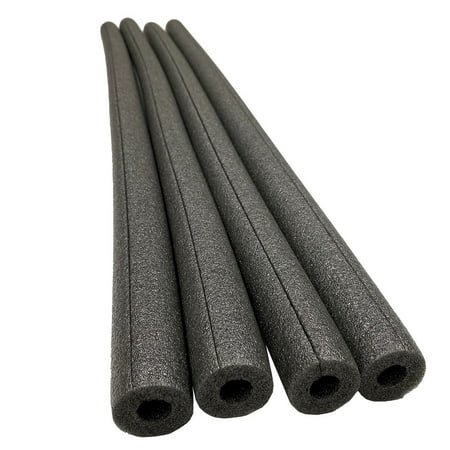
Suitable for use on hot or cold pipes, these 3/4 inch by 3 feet covers prevent condensation, freezing, and heat loss for increased efficiency. They come in a convenient four pack
2. Service your heating

Keeping a home warm all day will also be essential in a freeze. This not only keeps you safe and well, but limits damage to your property, too.
Gordon Chalk, heating expert, explains, ‘Don’t forget to service your heating system. Before the temperatures drop, have a professional inspect your boiler or heating system to make sure everything is working efficiently. A well-maintained system is less likely to fail during peak usage. Check your thermostat settings and replace any old or damaged filters to be efficient.'
This proactive approach will save you from emergency repairs when you need your heating most, and having it on your radar to complete means you will be able to find experts with availability. Leaving it too late can result in engineers and pros being out on emergency calls, meaning servicing and routine jobs get pushed down the list in terms of their availability.
How often you need to service HVAC system will depend on the age of your system and how often you use it. Generally speaking, older HVAC systems will need more frequent upkeep.
You might also want to brush up on heating your home when the power goes out, just in case.
3. Stock up on supplies
It never hurts to have a stock of essential items to keep in your ‘junk drawer’ to help prepare for a freeze or prepare your house for hurricane season.
Gordon Chalk, heating expert adds, ‘In addition to preparing your home structurally, you should also stock up on supplies to ride out a freeze. Essential items are batteries for flashlights, warm blankets, nonperishable food, and bottled water. In the event of a power outage, these supplies will keep you and your family safe and warm. A first aid kit [available at Amazon] is also important as well as any necessary medication.’
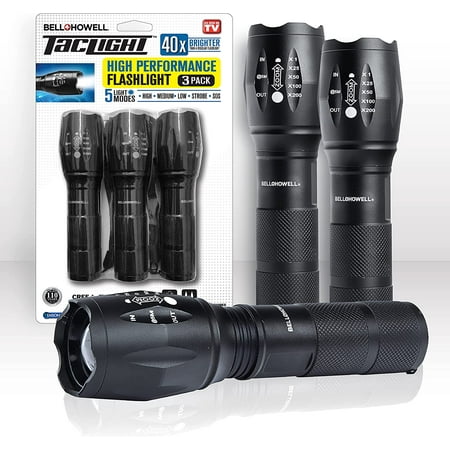
These flashlights are weatherproof and extra durable, making them an ideal addition to your emergency kit. They each need three AAA batteries to run (not included).
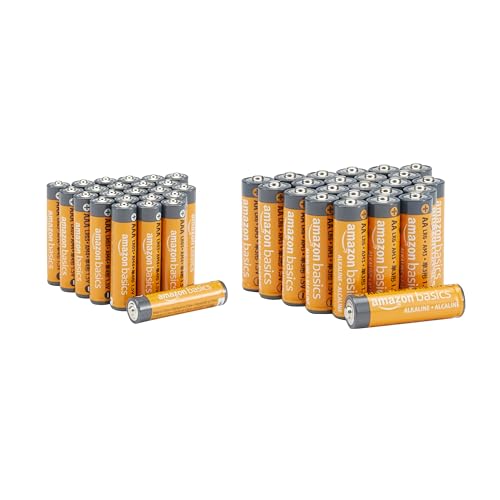
It is always a good idea to have multiple of different battery types stocked up at home. Whether it is for a TV remote or a flashlight in an emergency.
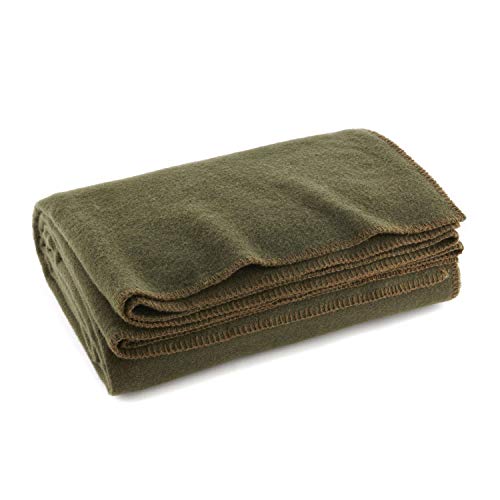
When picking blankets to keep warm, a thick wool blanket is your best option. Wool is very effective at trapping your body heat to keep you safe and comfortable should the power go out.
4. Run your faucets

The best time to drip faucets is before a big freeze to prevent issues, rather than try to treat them.
Hendrik Vandepoll, co-owner of Service Force Plumbing says, ‘Whilst some suggest dripping the furthest faucet from the main shutoff is enough, simply letting the faucet furthest from the main valve drip will not prevent a vulnerable faucet that is closed from freezing.
'That specific faucet needs to be open to allow moving water through the vulnerable branch of the supply pipe, and to allow pressure buildup to release through it as well.’
You should also cover outdoor faucets to prevent spigots from freezing and cracking through winter, too.
5. Check your insurance policy

When futureproofing your home against extreme weather it is a good idea to check over your insurance policy and write the phone numbers somewhere easy to find so you know what to expect in an emergency. Keep your policy number and the company's contact or claims number saved in your phone, and in your phonebook.
Russell Vent, VP at Paul Davis Restoration, says, ‘You will want to understand your insurance policy and what is and is not covered by your insurer. Do not enter a freeze event assuming that every type of damage will be covered.
‘Call your insurance company or agent and review coverage for some of the types of issues listed above and others. Make sure you are keeping your home heated properly and you can prove it. Some insurance companies will require proof from your energy supplier that your home was being heated properly before affording coverage of a claim.
‘Finally, make sure you are checking on the property regularly. A good rule of thumb is every two weeks but it is best to clarify that with your insurance company. Failure to monitor your property, in my experience, has also led to insurance claim denials.’
Check the terms and conditions carefully too as sometimes historic events may make future claims impossible. Understanding your policy and securing the correct coverage, even if it comes at a premium may later prove to be a game-changer should the worst happen. Many new policies have an exclusionary time frame so make sure to check taking out a new policy doesn't disqualify you from making a claim in the next number of days, weeks, or months.
6. Invest in a portable generator
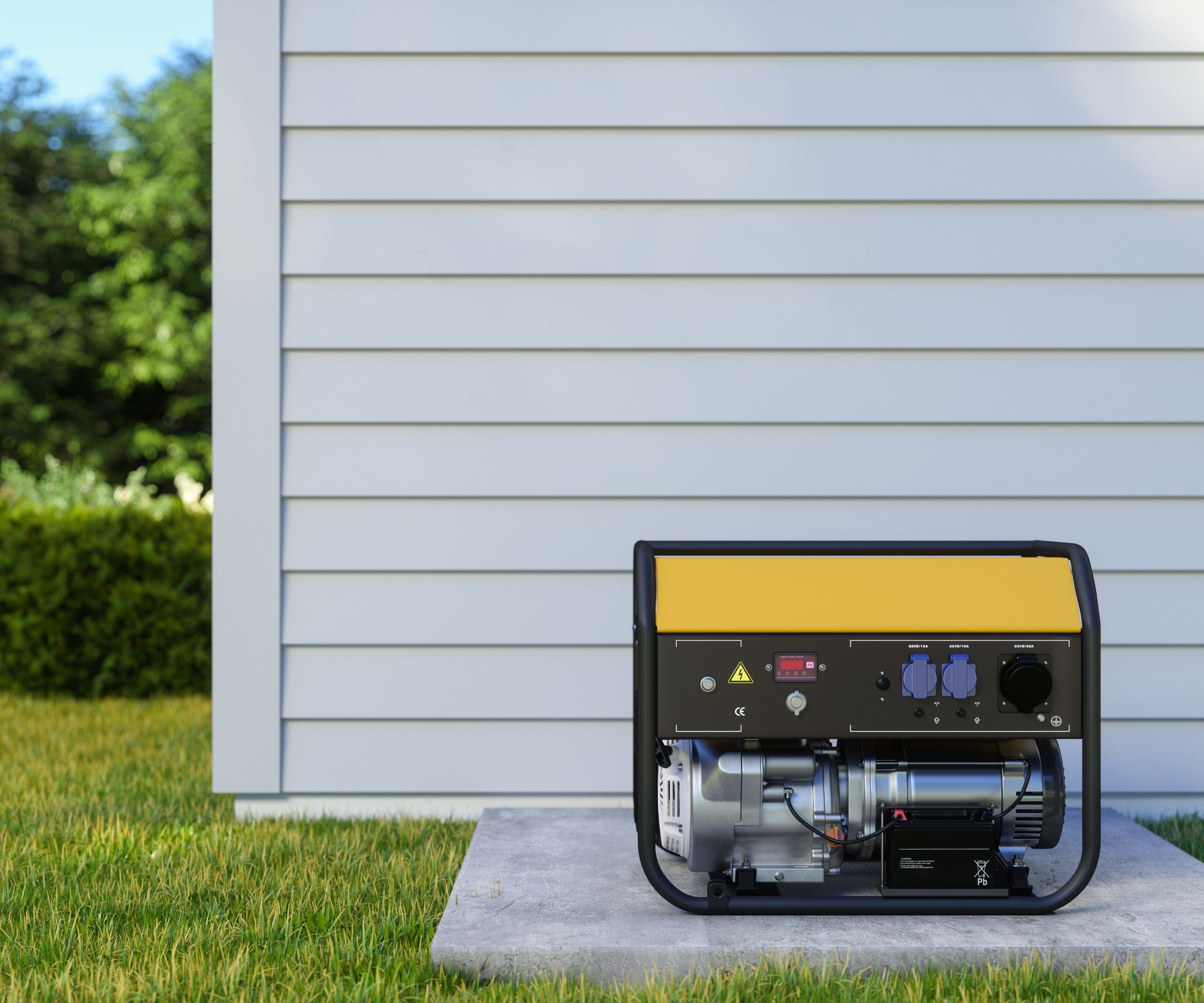
Part of preparing for a freeze is preparing a home for a power cut. This will be the most dangerous part of a deep freeze – especially if your heating is run on electricity.
Russell Vent, VP at Paul Davis Restoration strongly recommends ‘having a portable generator handy and with enough fuel (but never place it indoors).’
Joel Worthington, President of Mr. Electric, a Neighborly company, adds, ‘Standby generators should be serviced before the start of the cold season. This will help ensure the generator is ready to handle any outages that may occur due to the deep freeze.
A generator that has been serviced should be able to function when needed the most. Generators can keep the critical systems of the home, like the HVAC unit or heaters, running, which can help prevent frozen pipes, water damage, and other costly repairs from happening.’
7. Check your home insulation
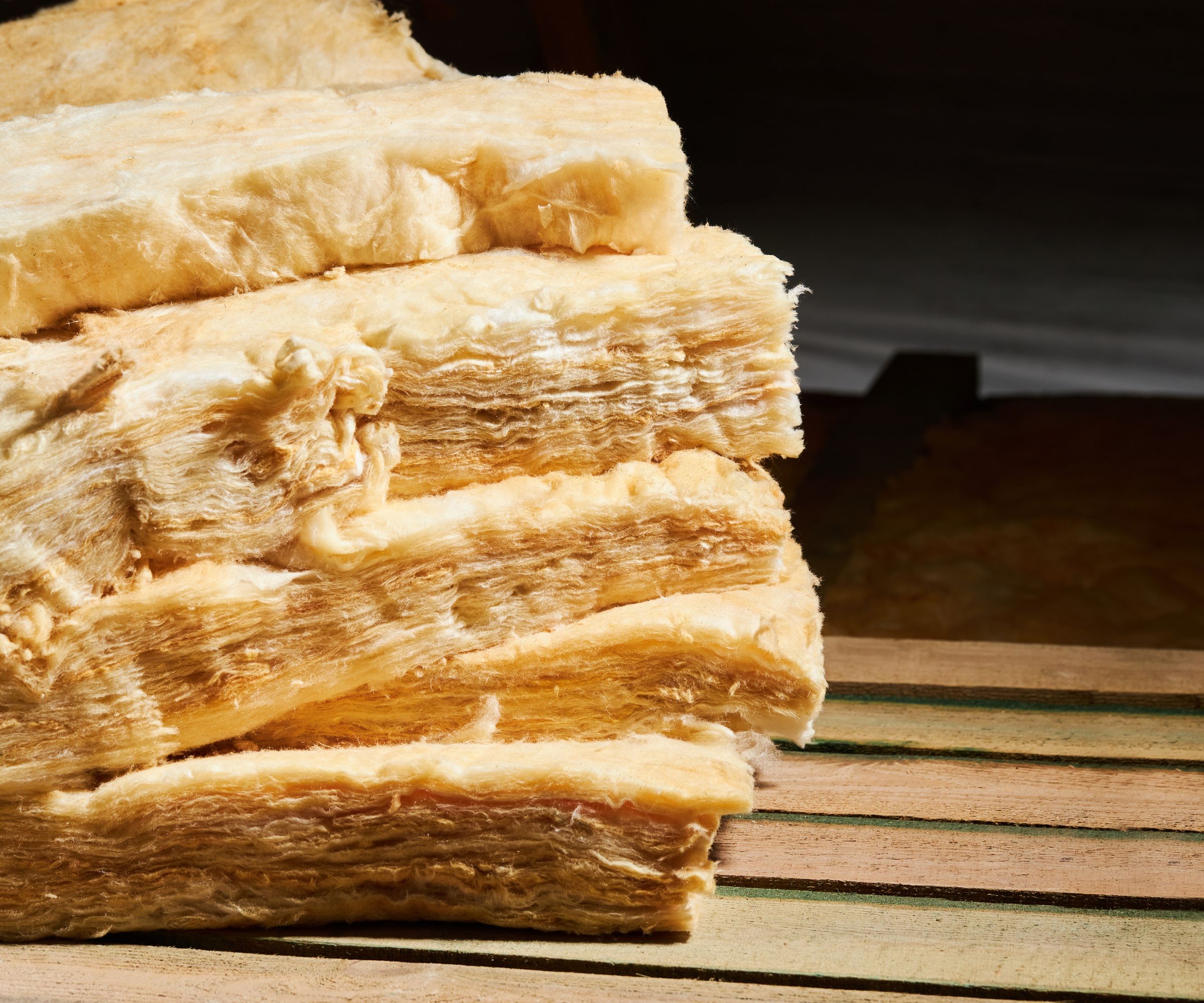
Keeping a poorly insulated home warm is possible, but not recommended when in dangerously cold temperatures. Before a big freeze hits, consider having your home’s insulation bolstered, suggests Josh Rudin, owner of ASAP Restoration.
‘Your attic is a huge source of heat loss during the winter, but even more so during a deep freeze cycle. If you have enough time to prepare your attic with some additional insulation do so and reap the benefits of savings on your electric bill.
‘Additional insulation helps to keep the temperature that you set on the thermostat inside your home more constant. More insulation usually equals more heat retention as a general rule of thumb.’
Learn more about the types of attic insulation on offer to help you choose the right one for your home, and consider adding insulation to your garage door.
When a deep freeze hits, you might want to consider some other steps you might otherwise avoid during winter, such as leaving the heating on overnight to stay warm. It won’t help to cut energy bills, but it will ensure that you and your property are safe for the duration of the cold snap.
Sign up to the Homes & Gardens newsletter
Design expertise in your inbox – from inspiring decorating ideas and beautiful celebrity homes to practical gardening advice and shopping round-ups.

Chiana has been at Homes & Gardens for two years and is our resident 'queen' of non-toxic living. She spends most of her time producing content for the Solved section of the website, helping readers get the most out of their homes through clever decluttering, cleaning, and tidying tips. She was named one of Fixr's top home improvement journalists in 2024.
-
 I tried the Temptation Method to finally unpack the boxes I'd been ignoring after a stressful house move – I'm relieved it worked so well
I tried the Temptation Method to finally unpack the boxes I'd been ignoring after a stressful house move – I'm relieved it worked so wellWith a pile of unpacked boxes clogging up my home office, it was time to get motivated
By Sophie Warren-Smith
-
 Martha Stewart's nostalgic gray-green kitchen cabinet color is having a revival – and I predict it will be a huge trend in 2026
Martha Stewart's nostalgic gray-green kitchen cabinet color is having a revival – and I predict it will be a huge trend in 2026A timeless choice for the future – there is a lot to love about a serene gray green
By Jennifer Ebert
-
 5 surprisingly practical ways to re-purpose old bed sheets for cleaning, decluttering and storage at home
5 surprisingly practical ways to re-purpose old bed sheets for cleaning, decluttering and storage at homeDon't ditch worn-out bedding – there's life in them yet
By Natasha Brinsmead
-
 Do you need to turn the lights off when you leave a room? Experts have ended this time-honored debate once and for all
Do you need to turn the lights off when you leave a room? Experts have ended this time-honored debate once and for allOn or off? We delve into the details of this age-old dispute
By Chiana Dickson
-
 I tried the baking soda trick to quickly and naturally clean my outdoor rug – it’s now set for Easter outdoor hosting
I tried the baking soda trick to quickly and naturally clean my outdoor rug – it’s now set for Easter outdoor hostingBaking soda is perfect for lifting dirt and debris
By Eve Smallman
-
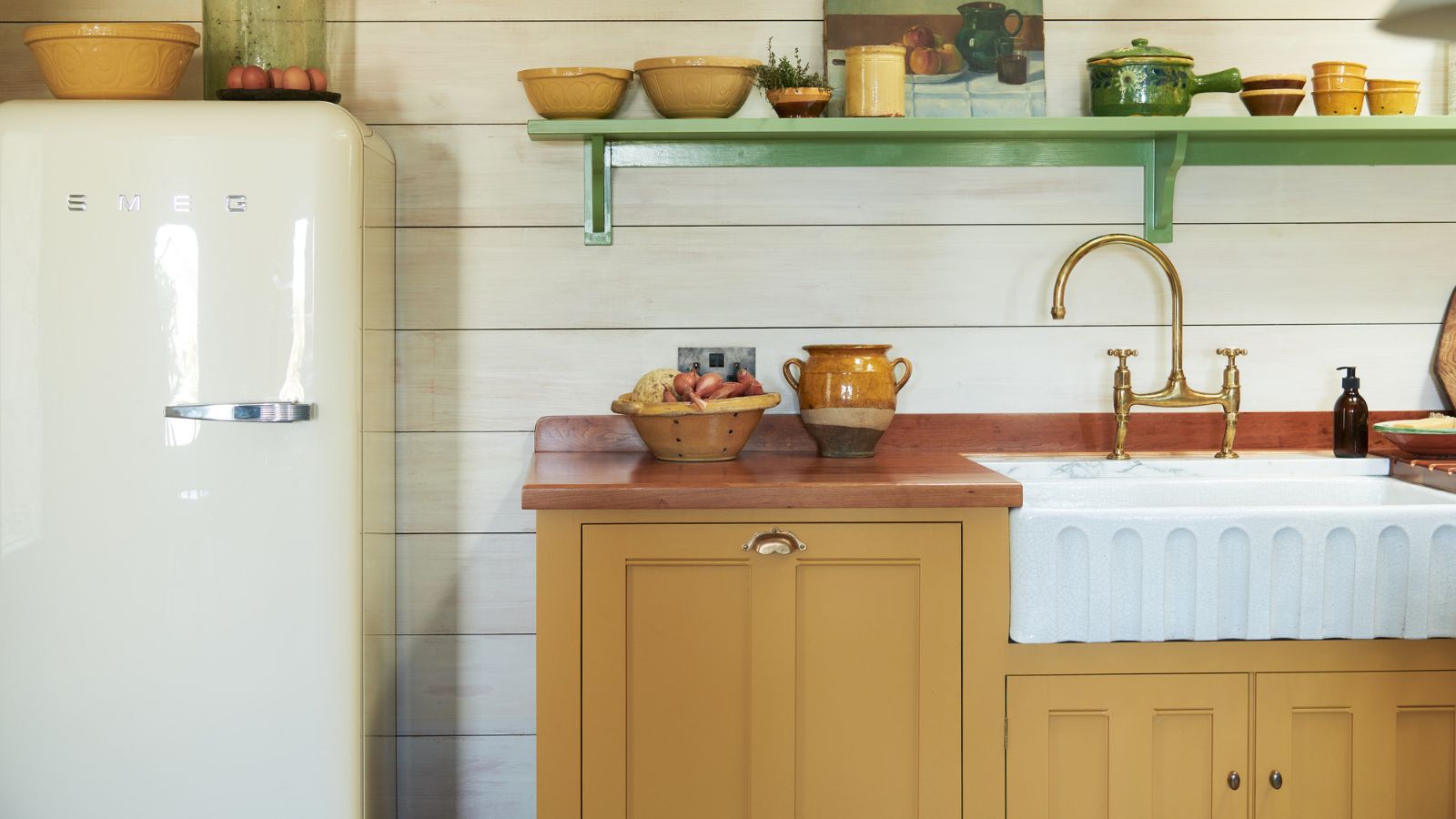 The 5 worst things you can do to your fridge – these will drive up energy costs and result in pricey and regrettable repairs
The 5 worst things you can do to your fridge – these will drive up energy costs and result in pricey and regrettable repairsIt's crucial to swerve these blunders, appliance experts warn
By Ottilie Blackhall
-
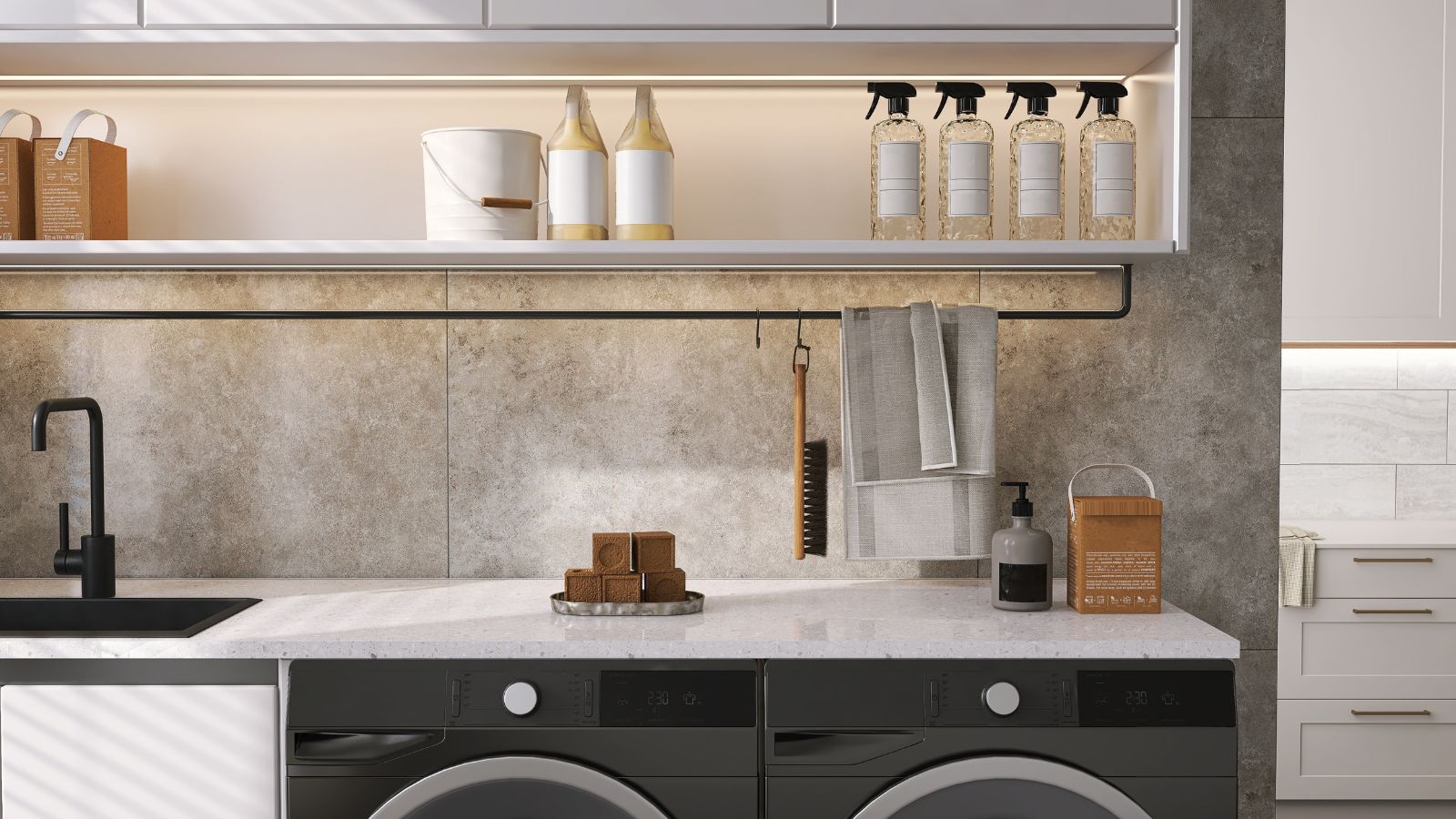 Extend the lifespan of your appliance with 5 simple but crucial washing machine maintenance tips
Extend the lifespan of your appliance with 5 simple but crucial washing machine maintenance tipsFrom cleaning the filters to keeping the door open, experts reveal the washer tips they swear by
By Andy van Terheyden
-
 5 vital ways a home battery backup can help with your most urgent needs in a power outage – from heating to flood prevention and calls
5 vital ways a home battery backup can help with your most urgent needs in a power outage – from heating to flood prevention and callsExperts say they're a worthy investment
By Clement Feng
-
 I’m an HVAC technician, and this is when I turn on my AC each year – plus 5 checks I always do beforehand
I’m an HVAC technician, and this is when I turn on my AC each year – plus 5 checks I always do beforehandSave yourself an AC hassle by running my checks and turning it on before big heat hits
By Josh Mitchell
-
 6 things you should never throw in the trash – and what to do for safe disposal instead
6 things you should never throw in the trash – and what to do for safe disposal insteadFrom batteries to space heaters, experts reveal what not to throw
By Andy van Terheyden